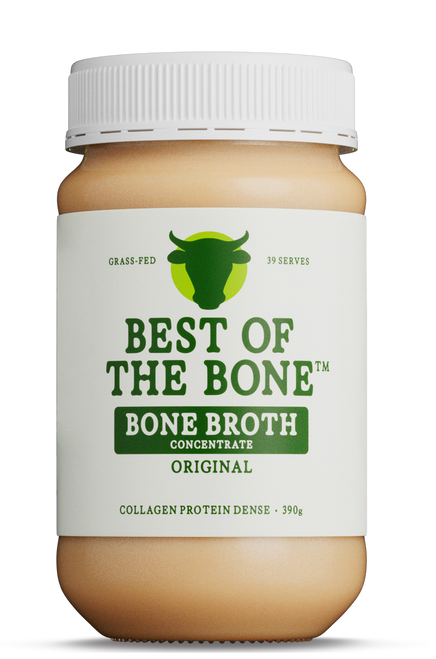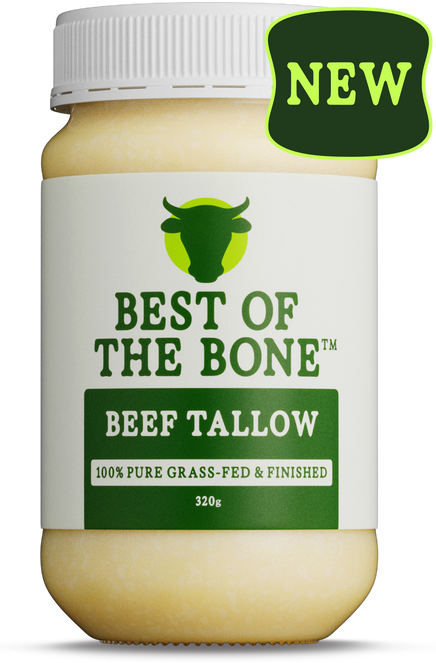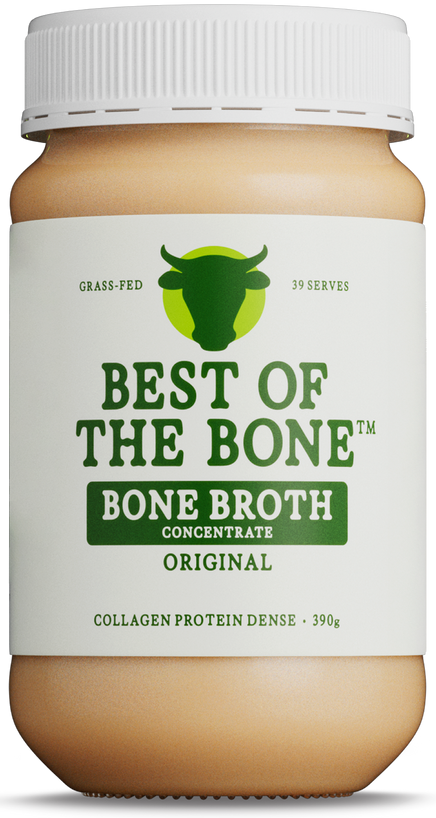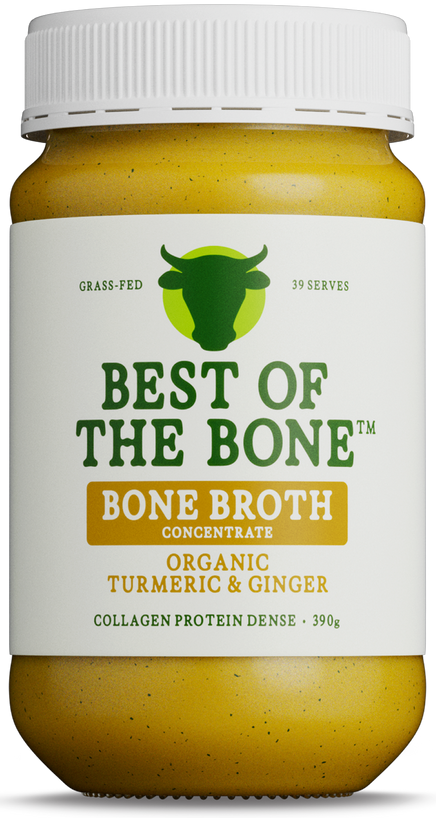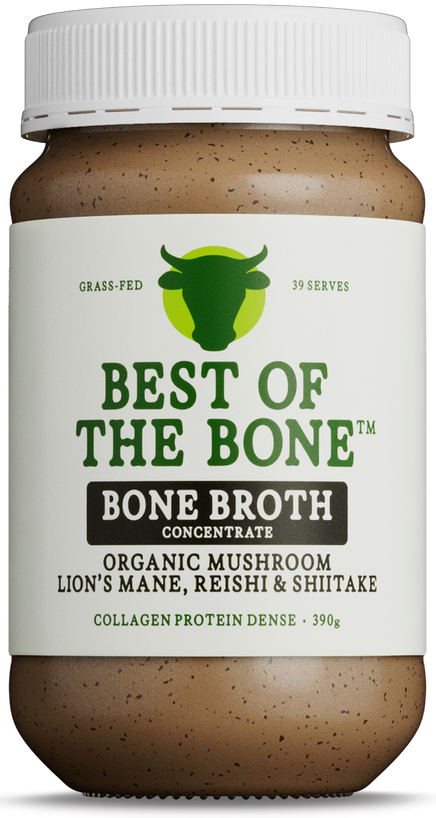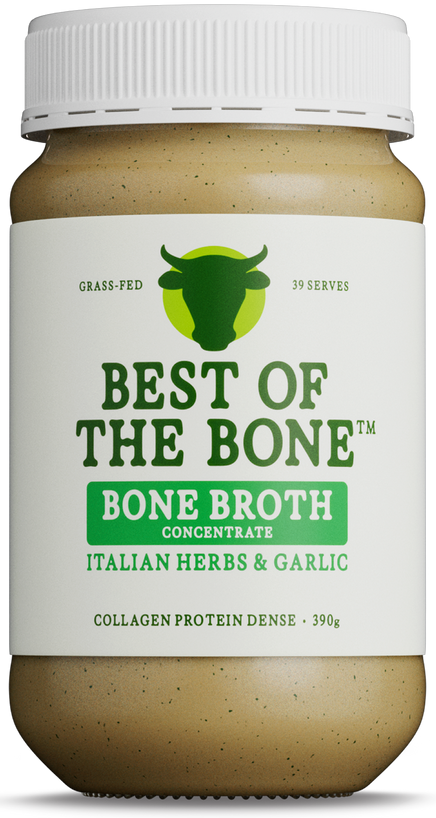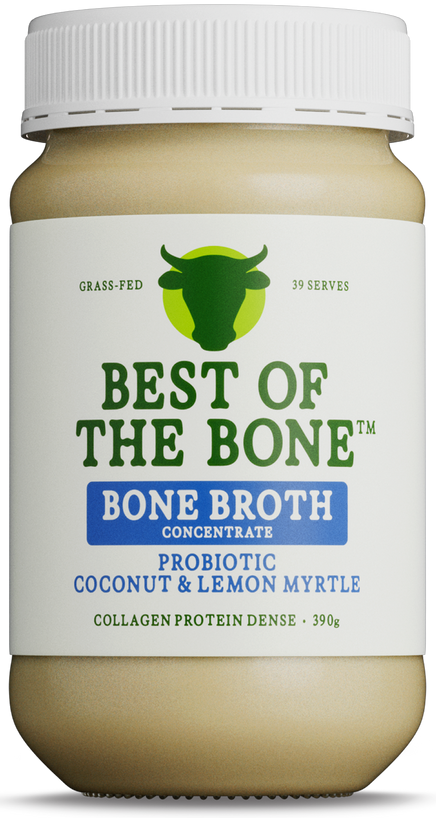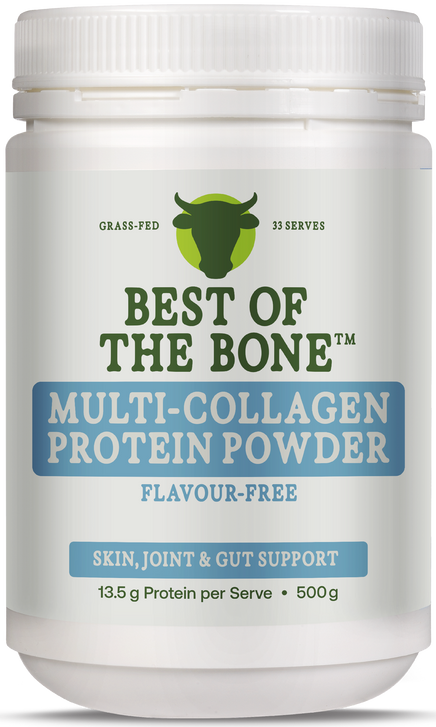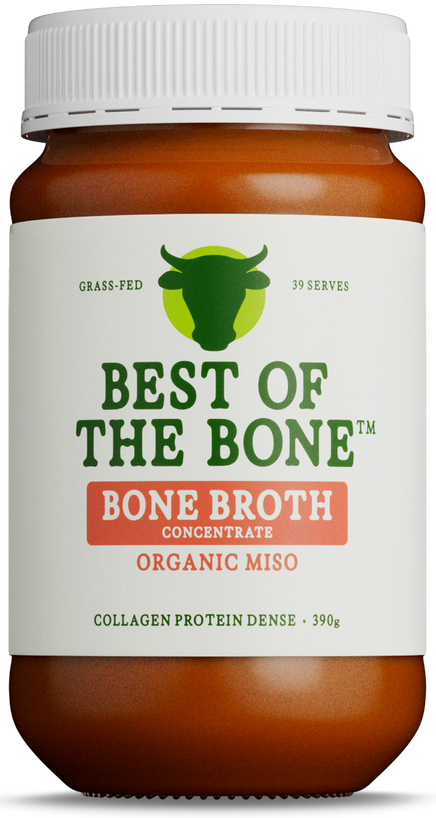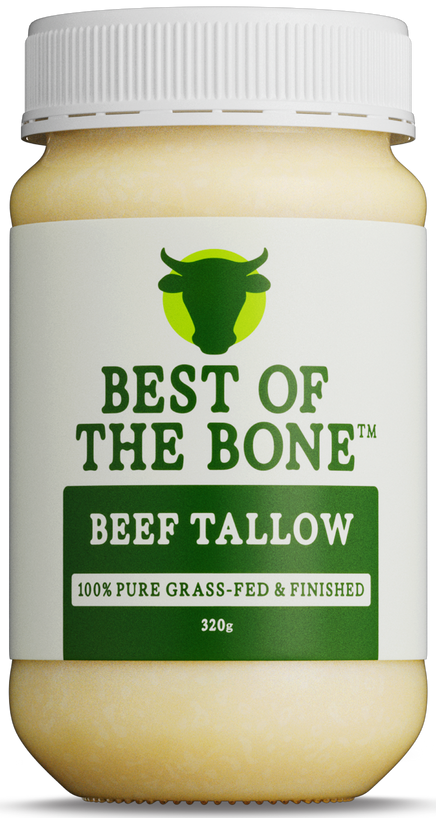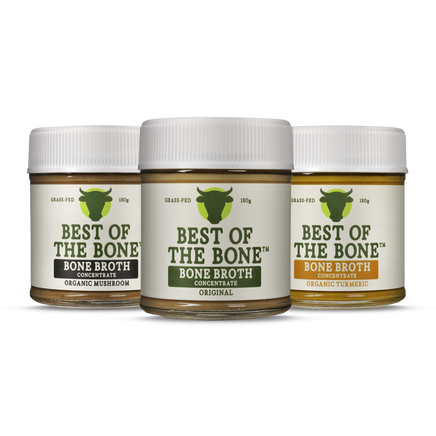8 Reasons Grass-Fed Tallow Should Be Your Go-To Cooking Fat
Forget the myths—grass-fed beef tallow is one of the most nutrient-rich, stable, and versatile fats you can use, and we’re here to tell you why. From its heart-healthy stearic acid and anti-inflammatory CLA to its ideal omega-6 to omega-3 ratio, tallow stands out as a superior fat for both health and cooking. With its high smoke point, fat-soluble vitamins (A, D, E, K), and brain-boosting choline, it fuels metabolism, supports skin health, and enhances overall well-being. Plus, it’s pure, free from additives, and naturally stable—making it perfect for cooking, skincare, and beyond. Ready to discover why tallow deserves a place in your diet? Here are seven science-backed reasons to make the switch.
1. Healthy Fat: Stearic Acid
A unique saturated fat that doesn’t raise bad cholesterol like other saturated fats and may even support heart health. Stearic acid also helps the body burn fat more efficiently and boosts cellular energy by enhancing mitochondria—the powerhouses of our cells. Stearic acid makes up approximately 25% of the fatty acids in tallow, making it a healthy, functional fat for cooking, skincare, and overall wellness.
2. Heart and Skin Health: Conjugated Linoleic Acid (CLA)
Conjugated linoleic acid (CLA), a polyunsaturated omega-6 fat found in tallow offers significant health benefits, particularly for cardiovascular and skin health. It has been linked to reducing plaque buildup in arteries, and provides anti-inflammatory, antioxidant, and antibacterial functions. Unlike other unsaturated fatty acids, CLA in tallow remains highly stable, making it less prone to oxidation when exposed to light, heat, or oxygen.
3. Anti-inflammatory: Ideal Omega-6 to Omega-3 Ratio
Grass-fed tallow has an ideal omega-6 to omega-3 ratio of 1.4:1, compared to 16:1 in grain-fed tallow and over 20:1 in common seed oils like soybean, sunflower, and corn oil. A balanced ratio is crucial for reducing inflammation, supporting heart health, and preventing chronic diseases. The Western diet (15:1 omega-6 to omega-3), driven by processed foods and seed oils, promotes blood clots, high blood pressure, weakened immunity, and obesity. In contrast, grass-fed tallow aligns more closely with the ancestral human diet (1:1 ratio), offering a more anti-inflammatory, nutrient-dense fat that supports cell function, brain health, and overall well-being.
4. Best for Cooking at High Heat
Beef tallow is an exceptional cooking fat for high-heat cooking, thanks to its high smoke point of 215-250°C. Unlike seed oils such as canola, corn, and soybean oil, which oxidise easily at high temperatures, tallow remains chemically stable during frying, roasting, and baking. This stability ensures better flavour retention and reduced exposure to inflammatory compounds. Compared to extra virgin olive oil or butter, which have lower smoke points and can burn more easily, beef tallow ensures cleaner, high-heat cooking without degradation.
5. Powerhouse of Vitamins
Tallow provides an abundance of fat-soluble vitamins, including vitamin A, D, E, and K, which are essential for overall health. Vitamin A supports eye health, immune function, and skin regeneration, while vitamin D is crucial for calcium absorption, bone strength, and immune regulation. Vitamin E acts as a powerful antioxidant, protecting cells from oxidative stress and supporting skin health. Vitamin K2, particularly in grass-fed tallow, aids in bone density, cardiovascular health, and proper calcium utilisation. Unlike synthetic supplements, the fat-soluble vitamins in tallow are naturally occurring and highly bioavailable, making them easier for the body to absorb and utilise.
6. Essential Nutrient for Brain Health: Choline
Beef tallow is a natural source of choline, an essential nutrient that plays a vital role in brain function, memory, mood regulation, and muscle control. Choline plays a vital role in nervous system health and is central to the production of the neurotransmitter, acetylcholine, which is involved in learning, memory, cognitive function and muscle movement. It also contributes to cell membrane integrity, fat metabolism, and liver health, helping to remove excess cholesterol and prevent fatty liver disease. Since many people do not get enough choline in their diet, consuming choline-rich foods like tallow can support brain health, nerve function, and overall metabolic balance.
7. Pure and Unadulterated
Tallow is rendered from beef without the need for extensive processing or chemical refinement. Unlike highly processed seed oils tallow is minimally altered, retaining its optimal fatty acid profile, fat-soluble vitamins, and beneficial compounds like conjugated linoleic acid (CLA). Seed oils, on the other hand, undergo industrial extraction using heat, solvents (like hexane), bleaching, and deodorisation, which strips them of nutrients and increases their susceptibility to oxidation and rancidity. In contrast, tallow is stable, nutrient-dense, and free from additives, making it a wholesome and traditional fat that supports metabolic health, hormone balance, and overall well-being.
8. A Sustainable Solution
Despite the common belief that plant-derived oils are more sustainable, tallow is a highly sustainable alternative to industrial seed oils. Seed oils use massive amounts of land and are a leading cause of deforestation, , with more land devoted to their production than all other plant crops combined, according to the Food and Agriculture Organization of the United Nations.
On the other hand, livestock farming produces multiple essential goods, including medicines, industrial materials and household goods. By using tallow, you are adopting a ‘nose-to-tail’ eating approach that honours the whole animal, minimises waste and reduces the environmental impact of meat production. This not only ensures that the yield from each animal is maximised, but it also offers a wider variety of nutrient-dense foods.

